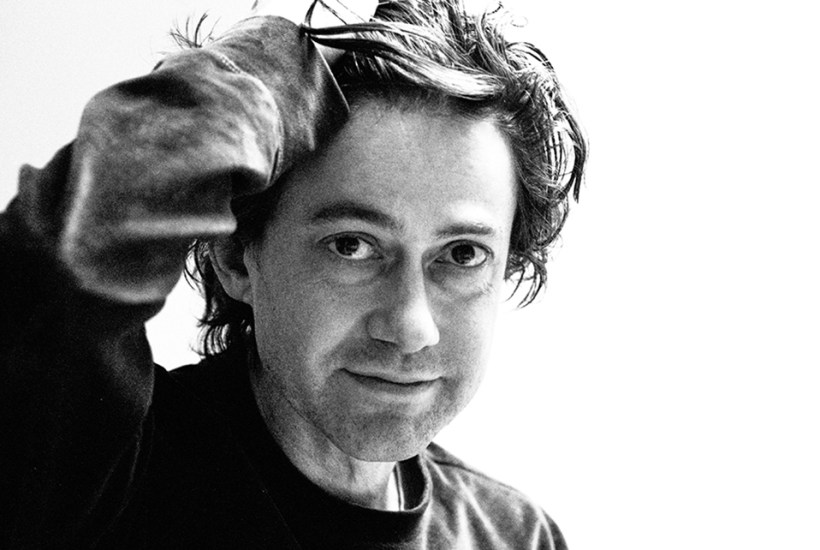Adam Thirlwell’s latest novel begins in revolutionary France and chronicles the travails of its embattled celebrity heroine, Celine, who is being subjected to a campaign of malicious gossip about her sex life. She resolves to cultivate a coterie of influential writers to wrest back control of the narrative – cue earnest meditations on power, misogyny and the ability of the written word to shape reality. Meanwhile, she finds solace in female company, reflecting:
In a society made of words and images and circulating and recirculating, all devoted to disinformation, it was very difficult to find any personal safety, and one minuscule form might just be this intense form of friendship between two women.
She later flees to America, where she further ruminates – on the slave revolt in Haiti and the vicissitudes of revolution and democracy.
Though notionally a historical novel, The Future Future is light on period realism. The characters speak as we do today and there is little world-building as such. Instead, we get a lot of existential stocktaking: ‘She understood the giant structures that she was meant to submit to and which constituted a vast, feral violence in the atmosphere, candy-coloured and poisonous.’ There are slow-dawning realisations of the sort that would normally punctuate a narrative rather than constitute the bulk of it. Passages begin ‘It was as if…’, and many things ‘seemed’ to Celine. She cogitates at length on the psyche of writers – their obsession with intensely inhabiting the moment and their megalomaniac yearning to penetrate the unborn future and thereby cheat death.
It is fitting, then, that the novel evinces an anxious preoccupation with today’s intellectual zeitgeist, cramming in almost every topic that has been fashionable in literary publishing in recent years: sisterly solidarity, patriarchal violence, motherhood, colonialism, slavery. Thirlwell spares you the effort of teasing out these themes by clobbering you over the head with them. Parallels with our time – celebrity culture, social media, fake news, #MeToo – pretty much draw themselves. When the story veers abruptly into hallucinatory sci-fi in the closing chapters, we alight on yet another talking point: Celine, having contrived to wind up in the 23rd century, travels to the moon and communes with aliens who make books using AI.
There are some cute moments, such as when Celine muses that ‘to be talked about by other people was the first lesson a person ever received about death, their first lesson in being turned into an object’; or that ‘inside true conversations there was always a moment when a voice emerged that belonged to none of the people who were in the conversation, but was the voice of the conversation itself’. Early on, she notes: ‘The basic law of her cartoon world – that anyone suspended above a void will remain suspended until made aware of her situation, at which point she will fall.’ The allusion is glaringly anachronistic: the Road Runner won’t exist for another 200 years; and yet it works.
Sadly, such treats are few, and for every pleasing nugget the reader suffers paragraphs of repetitious rehashings of bien-pensant sentiments. That’s the trouble with the novel of ideas: when the ideas don’t cut it, the lack of fictional artifice is keenly felt. The thing has the feel of a prank, recalling in its unabashed self-indulgence the prog-rock concept albums of the 1970s. Someone is having fun but it’s not you.
Got something to add? Join the discussion and comment below.
Get 10 issues for just $10
Subscribe to The Spectator Australia today for the next 10 magazine issues, plus full online access, for just $10.
You might disagree with half of it, but you’ll enjoy reading all of it. Try your first month for free, then just $2 a week for the remainder of your first year.








Comments
Don't miss out
Join the conversation with other Spectator Australia readers. Subscribe to leave a comment.
SUBSCRIBEAlready a subscriber? Log in